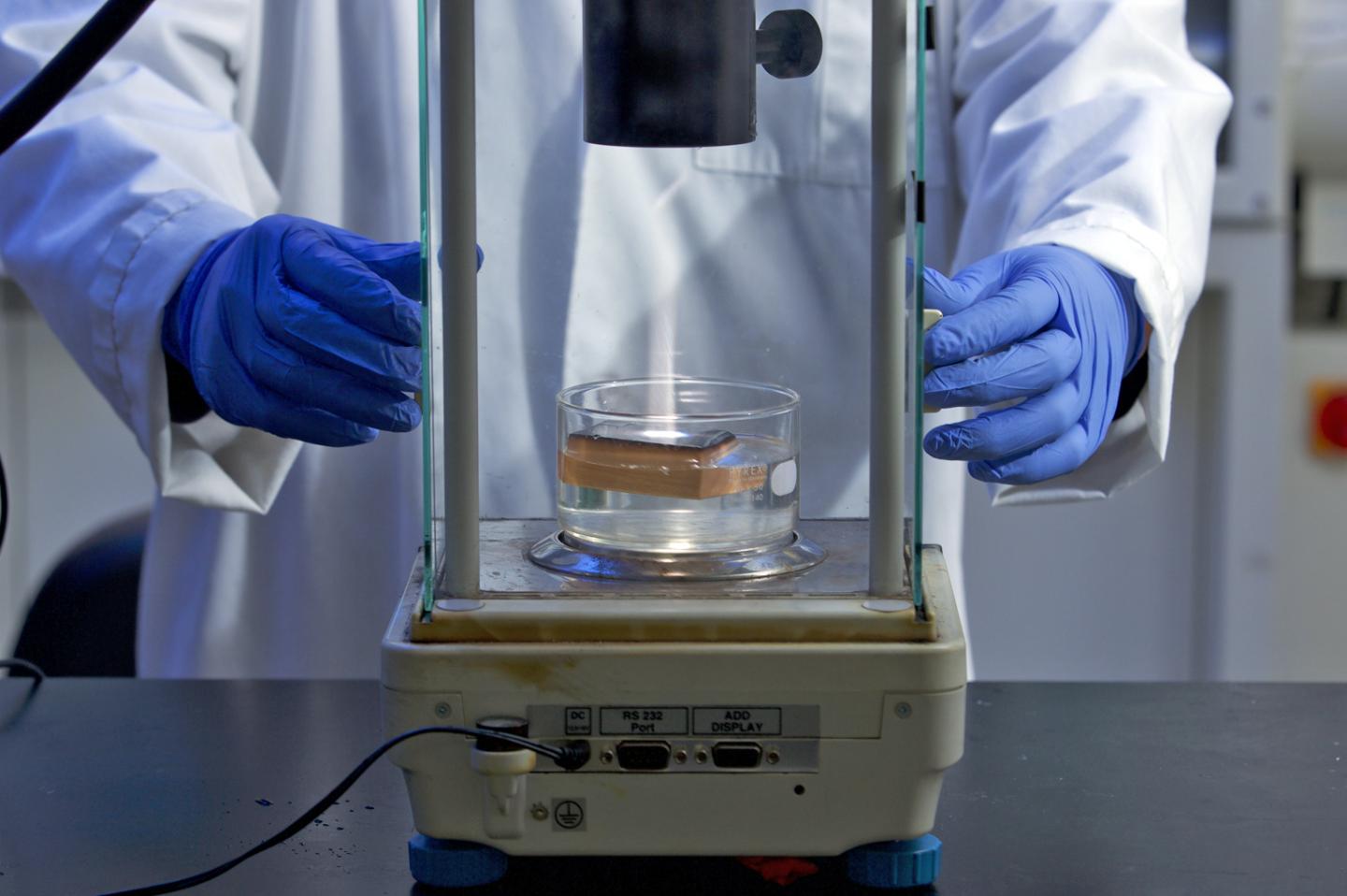
Scientists have created a prototype for a wooden solar evaporator that could lead to cheaper small-scale desalination devices.
Researchers at the University of Maryland’s A. James Clark School of Engineering say it generates steam at a higher efficiency and requires minimal maintenance.
If scalable, it could help provide water security to the roughly one billion people around the world that lack access to safe drinking water.
The prototype employs a technique known as interfacial evaporation. The interfacial evaporators are thin materials that float on top of saline water in a desalination device. Solar heat causes the evaporators to rise as steam at the top, leaving behind the salt.
Associate professor and lead author on the paper Liangbing Hu said the method “shows great potential in response to global water scarcity because of its high solar-to-vapour efficiency, low environmental impact, and portable device design with low cost”.
But salt can build up over time on traditional materials, degrading the device and its performance.
How well do you really know your competitors?
Access the most comprehensive Company Profiles on the market, powered by GlobalData. Save hours of research. Gain competitive edge.

Thank you!
Your download email will arrive shortly
Not ready to buy yet? Download a free sample
We are confident about the unique quality of our Company Profiles. However, we want you to make the most beneficial decision for your business, so we offer a free sample that you can download by submitting the below form
By GlobalDataWooden solar evaporator mimics tree behaviour
To counter this, Hu and his team created a device made out of basswood. Channels in the wood that would normally carry water and nutrients up a tree instead carry saline water.
The researchers, which include visiting scholar and lead author Yudi Kuang, also drilled millimetre-wide channels through a thin cross-section of the wood.
When the device absorbs solar energy, the salty water is drawn up through the natural micro-channels. Salt is “spontaneously exchanged” from these channels to the wider, man-made channels. It then dissolves back into the water below.
“In the lab, we have successfully demonstrated excellent anti-fouling in a wide range of salt concentrations, with stable steam generation with about 75% efficiency,” says Kuang.
“Using natural wood as the only starting material, the salt-rejecting solar evaporator is expected to be low-cost,” adds research associate Chaoji Chen.
Many of those without access to safe water are in low-income countries. The high cost of desalination plants – ranging from tens of millions to hundreds of millions of dollars – means that many of these countries rely on off-grid water desalinators.
The findings were published today in the scientific journal Advanced Materials.
Read more: How water, rather than oil, could spark conflict in the Middle East




